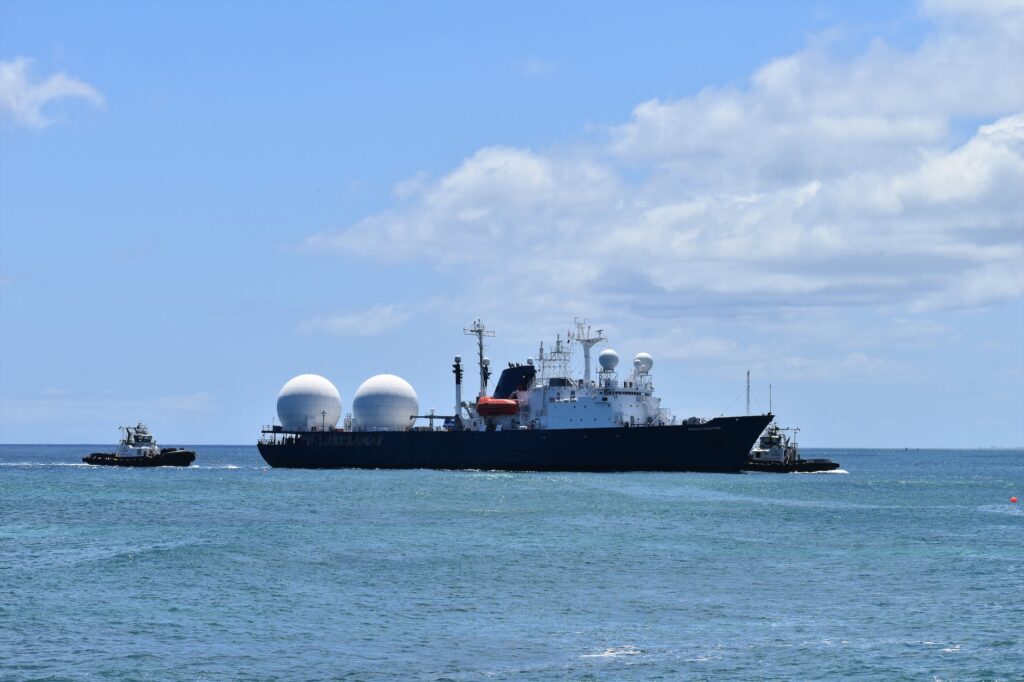Bar, Montenegro (PortSEurope) April 3, 2023 – The Western Balkans’ first two liquefied natural gas (LNG) terminals, planned in the Adriatic ports of Montenegro (Bar) and Albania (Vlora) were announced with great fanfare. However, the projects have stalled and no major developments have been announced recently.
Proposals to expand gas penetration in the region, backed by the EU and the U.S., would expose the region to volatile price swings and gas shortages that have plagued much of Europe since Russia invaded Ukraine in 2022. Expensive LNG facilities would be a liability for the poorer Western Balkans. They will increase import dependence and fossil-fuel lock-in and might soon become stranded assets.
Bar terminal
Last February, Montenegro’s Minister of Finance, Aleksandar Damjanović, and representatives of the U.S. State Department discussed the possibility of building an LNG terminal in the Port of Bar and agreed on concrete steps towards realisation of the idea.
They also talked about the potential involvement of American companies in the Bar project. Damjanović expressed Montenegro’s readiness to move forward with the task, with the support of American development agencies.
In 2021, Singapore-based project developer LNG Alliance partnered up with Montenegro’s state-owned power firm EPCG to look into LNG and power projects and a dedicated LNG import terminal in the Port of Bar. In May 2022, it completed pre-feasibility studies for the terminal and signed an MoU with the Port of Bar for further advanced studies.
U.S. Assistant Secretary for Fossil Energy, Steven Winberg (until January 2021), said in February 2020 that Montenegro could become a hub for the export of U.S.-produced natural gas. He added that the deep-water Bar port was ideally placed to accommodate an LNG facility and could become the hub for natural gas transportation to other countries.
The Bar LNG terminal is expected to serve Montenegro but also Bosnia and Herzegovina, Kosovo, Serbia, Albania and even the southern region of Hungary.
Vlora terminal
Excelerate Energy, ExxonMobil LNG Market Development, and the Ministry of Infrastructure and Energy of Albania signed a Memorandum of Understanding (MOU) in March 2021, to conduct a feasibility study for the potential development of a liquefied natural gas (LNG) project in the Port of Vlora in Southern Albania.
Under the MOU, Excelerate’s study explored the potential of an integrated LNG-to-power solution that includes developing an LNG import terminal, converting and/or expanding the existing Vlora thermal power plant, and establishing small scale LNG distribution to Albania and the surrounding West Balkans region.
In the first half of 2022, plans to develop the terminal were moving rapidly ahead. Excelerate’s CEO, Steven Kobos, announced in May 2022 that the company would move its Floating Storage and Regasification Unit (FRSU) Excelsior from Israel to Albania at the end of 2022, with commercial regasification operations expected to begin at Vlore in the second quarter of 2023. Such a move did not materialise.
In October 2022, Excelerate announced that the Excelsior FSRU, intended for use at Vlora, would be deployed instead to Germany, following the signing of a five-year charter contract with the German government. Currently, there are no indications of alternative vessel arrangements having been made for the Port of Vlora project.
The development negotiations for the new terminal have prompted talk of Albania becoming a gas hub for the Balkans. As of June 2022, Albania had already begun discussing new energy agreements with neighbouring countries including Kosovo, Montenegro, North Macedonia and even Bulgaria.
Bulgaria’s Overgas involvement
In July 2022, Excelerate announced that it had signed a MoU with Bulgaria’s Overgas for negotiations to take place on the sale of regasified LNG from the planned Vlora LNG terminal. The two companies said that they would enter into a negotiation for Overgas to purchase up to 1 billion cubic meters (bcm) of LNG annually for 10 years from Excelerate (or an affiliated entity).
The gas was to be transported via the proposed Vlora-Fier Gas Pipeline which is expected to interconnect with existing natural gas infrastructure in Europe’s Southern Gas Corridor.
Overall, two plans which started with good intentions floundered as reality superseded hope.
More PortSEurope news about Bar and Vlora
Copyright (C) PortSEurope. All Rights Reserved. 2023.

